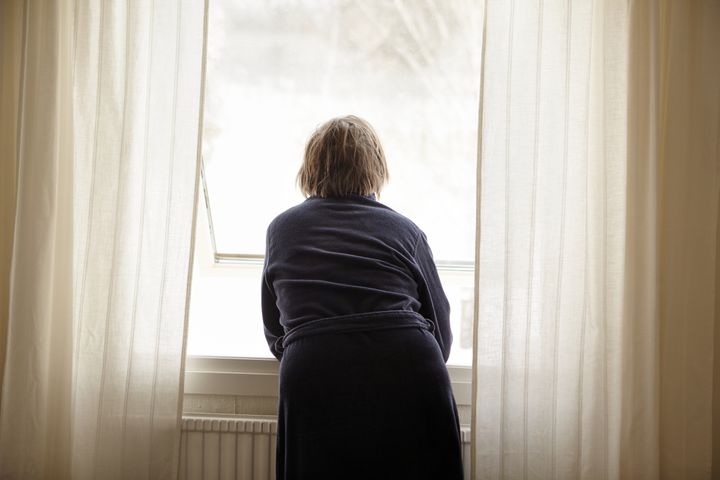It’s been declared a global health threat by the WHO and, according to new research, Ireland is now the loneliest place in Europe. Tanya Sweeney talks to those struggling to connect and the experts trying to turn the tide on a national crisis that is affecting young and old The World Health Organisation last year declared loneliness a 'pressing health threat'. Photo posed When Joyce O’Mahony’s body was found at her family home in the Lough area of Cork in May of this year, officers investigating the death of the 58-year-old initially theorised that she may have died as far back as 2021.
Later, after unearthing newspapers and supermarket receipts, investigating gardaí posited that O’Mahony may have been undiscovered in the house for about a year. Unfortunately, this case is not unique. A week before O’Mahony’s discovery, a memorial service took place to remember 61-year-old screenwriter Mark Waters, who was found dead in his apartment in Castletownbere.

It is thought that he may have died up to six months before the discovery of his body. Both Waters and O’Mahony were described as “reclusive”, but both tragic cases prompted many to wonder how people could pass away without being noticed, especially in an age where people seem more connected than ever thanks to technology and social media. Join the Irish Independent WhatsApp channel Stay up to date with all the latest news.



















